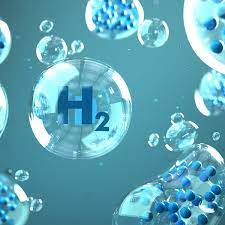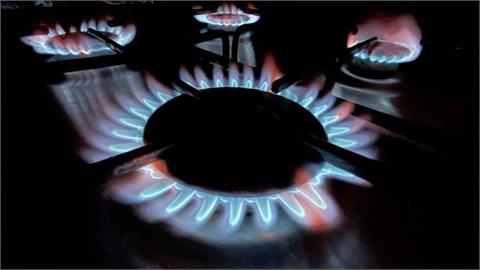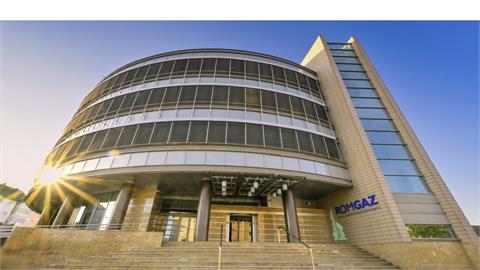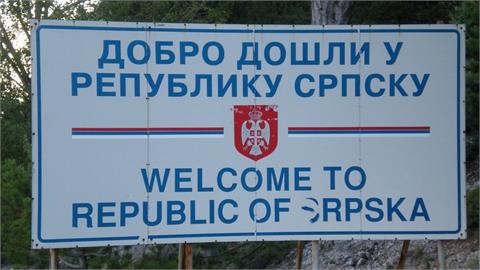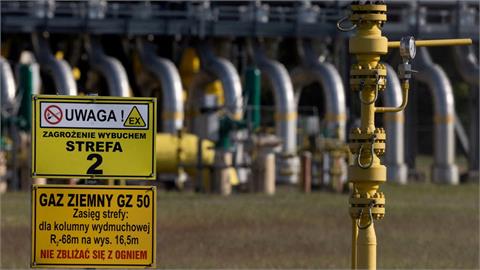by Sergio Matalucci* This week, Russia joined forces with the United Arab Emirates to develop common hydrogen projects and similar moves were made by Chile and South Korea, Japan and Australia, as well as by France and Germany. French President Emmanuel Macron announced €2 billion in new investments
The UAE’s Ministry of Industry and Advanced Technology has signed a memorandum of understanding (MoU) with the Russian Ministry of Industry and Trade to enhance industrial cooperation in the production and use of hydrogen technology and fuel “in a way that supports its manufacturing, storage and transportation, and the development of technologies and industrial standards,” the UAE ministry tweeted on Thursday. Russia is also coordinating its energy policies with China. On Wednesday, the Russian-Chinese Intergovernmental Commission on Energy Cooperation held its 18th meeting. “In discussing the power supply system, the countries agreed to maintain the steady operations of Russia-China cross-border power transmission lines and to develop power engineering,” the Russian Ministry of Industry and Trade wrote on Wednesday. “They also supported further cooperation in promoting RES, the hydroelectric power industry and hydrogen energy. They discussed separately the development of China’s nuclear industry with the use of Russian technology.” Representatives from the two countries will meet again on November 29 to discuss energy matters. According to S&P Global, Russia plans to spend over Rb9 billion, equivalent to around $124 million (€106.54 million), on hydrogen projects over the next three years.
Chile and Korea signed an MoU for the development of green hydrogen on Tuesday. “The two countries will share experiences and knowledge to promote the deployment of technologies for the production, storage, transportation, distribution and use of green hydrogen,” the Energy Ministry wrote on its website. It is the second hydrogen-focused MoU that Chile signs with Asia after an agreement with Singapore in March. Chile is also in talks with Japan.
France and Germany coordinated on energy policies during the Franco-German Energy Forum on Thursday. The message was that the two countries will continue with their different energy policies: Germany will focus on hydrogen imports, and France will make fresh investments in nuclear, which could be then used for hydrogen production. French President Emmanuel Macron also announced additional investments in hydrogen (nearly €2 billion). “Presented by the president of the Republic on October 12, the France 2030 investment plan must support the transition in our sectors of excellence. Within this framework, France has put in place a strategy for low-carbon hydrogen with a budget of €7 billion, which France 2030 will accelerate by adding nearly €2 billion,” the Élysée wrote on Tuesday. The pledge was made by the French president during a visit at electrolyzer and fuel cell technologies company Genvia. According to Macron, France can produce hydrogen “on our soil much more massively than many others.” Also this week, Macron spoke with Russia’s Vladimir Putin about Belarus, Ukraine, and Libya.
German energy company RWE confirmed it will be making a series of investments in hydrogen. Commenting on the 2030 investment plan, CEO Markus Krebber said that “there is no way around hydrogen.” The company is investing €50 billion in offshore and onshore wind, solar, batteries, flexible generation, and hydrogen. “The company is thus expanding its portfolio by 25 gigawatts net to 50 gigawatts (GW) in the attractive markets of Europe, North America, and the Asia-Pacific Region,” RWE wrote on Monday, adding that the company also “plans to open up new business opportunities in the areas of hydrogen and ammonia importing, in order to supply industry in Europe.” Earlier this month, RWE Generation SE and Shell New Energies NL BV said they would team up to develop projects for the production, use, and distribution of green hydrogen in northwest Europe. RWE is taking advantage of financial opportunities and low interest rates. “RWE has successfully issued a further green bond with a total volume of €1.35 billion,” the company wrote on Wednesday, adding that the first tranche is based on a coupon of 0.5% p.a. (tenor until 2028); the second tranche on a coupon of 1.0% p.a. (tenor until 2033). On Thursday, RWE announced that it was conducting research to test technologies for CO2-free steel production. The energy company will work with CO2GRAB, LSF and BENTELER Steel/Tube, banking on public investments. The state of Lower Saxony has agreed to provide €3 million of funding to the CO2GRAB start-up, RWE noted. “In 2022, the pioneering demonstration project for a green hydrogen direct reduction plant is to be built on RWE’s Lingen power plant site,” it added.
(for further reading, visit pv-magazine.com)
*Energy/climate/geopolitics journalist since '10. Started at @Reuters
. Columnist at @Staffetta
. Bylines on @dwnews
, @pvmagazine
, etc. RT≠endorsement
